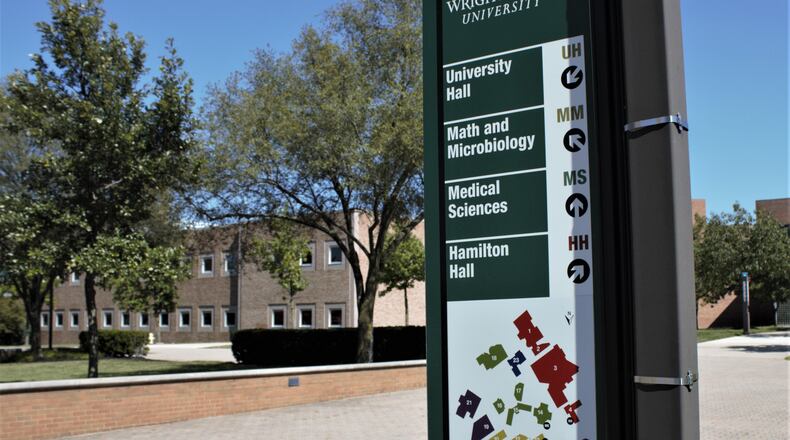The programs are meant to provide support for students who experienced learning disruptions during the pandemic, the department said.
Miami University was awarded $499,061, Wittenberg University was awarded $412,250 and Wright State University was awarded $637,410.
The department said the grants were awarded to colleges and universities, including two- and four-year schools and public and private schools, which have teacher preparation or education programs that promote math and literacy tutoring with local schools. Other colleges or universities that don’t have the programs but want to participate can collaborate with the lead institution.
Miami University is collaborating with Ohio Weslyan University, Cedarville University, Hocking College, the University of Mt. Union and Clark State, and is partnering with Hamilton City Schools, Ohio Connections Academy and the Talawanda School District.
Wittenberg University is partnering with Springfield City Schools and Northwestern Local Schools.
Wright State University is collaborating with the University of Dayton and partnering with Learn to Earn Dayton, Dayton Public Schools, Fairborn City Schools, West Carrollton School District and Huber Heights City Schools.
Ohio Department of Higher Education Chancellor Randy Gardner said, “Collaboration has been necessary to navigate the effects and impact of the pandemic. By partnering with neighboring schools and districts, our colleges and universities are giving our future educators an opportunity to support and help K-12 students in a meaningful way.”
The department said that college students participating in tutoring also would benefit from field experience, community service and other incentives like stipends or course credits.
About the Author

